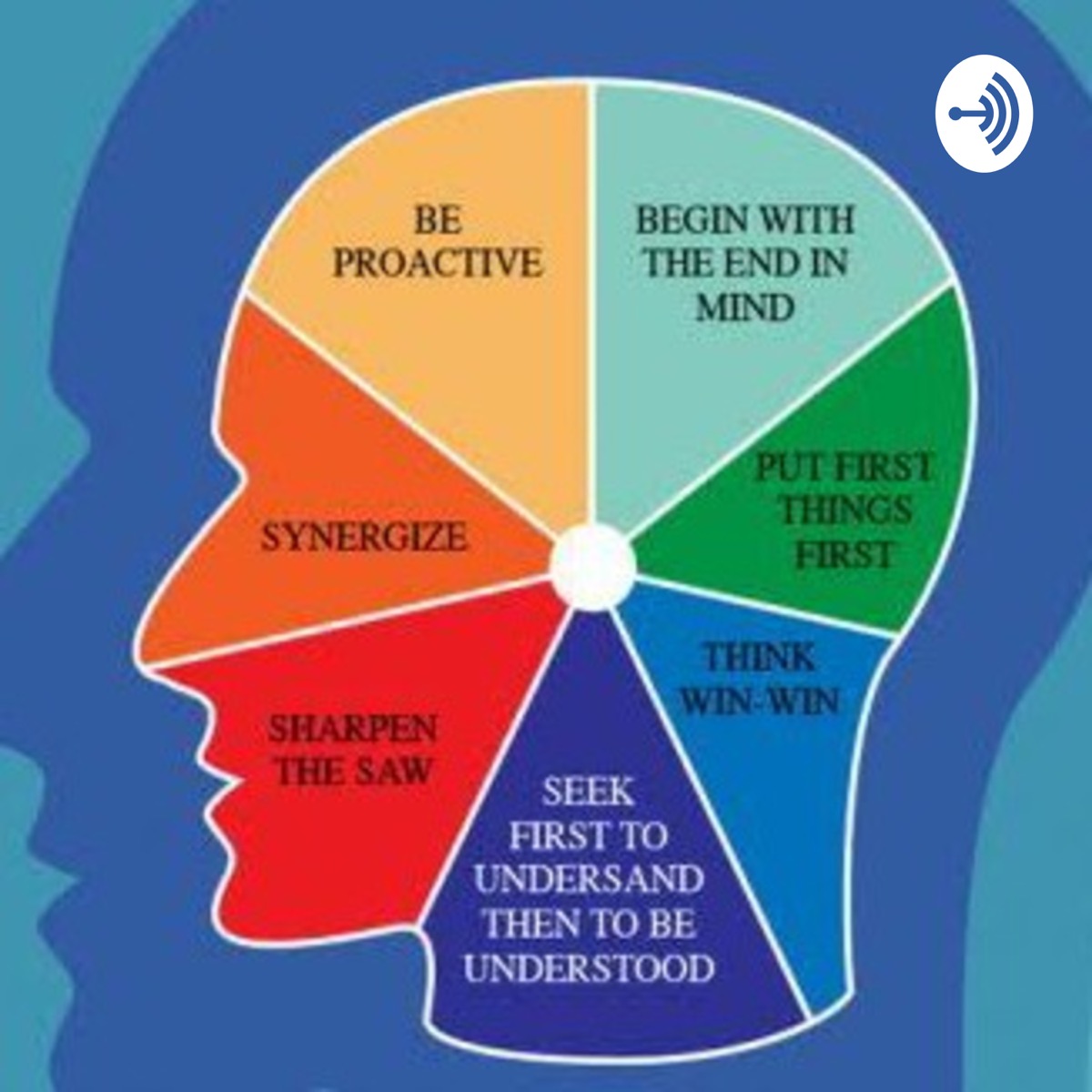
7 Habits Of Highly Effective People Lyssna här Poddtoppen.se
The 7 Habits of Highly Effective People: 30th Anniversary Edition (The Covey Habits Series): Covey, Stephen R., Collins, Jim, Covey, Sean: 9781982137274: Amazon.com: Books Books › Business & Money › Business Culture Enjoy fast, free delivery, exclusive deals, and award-winning movies & TV shows with Prime

the seven habitts of highly effective people with text that reads, 7 habitts of highly effective
The 7 Habits of Highly Effective People is perhaps one of the most popular self-help books of all time. It suggests that there are 7 key habits that we should all strive to build. These.
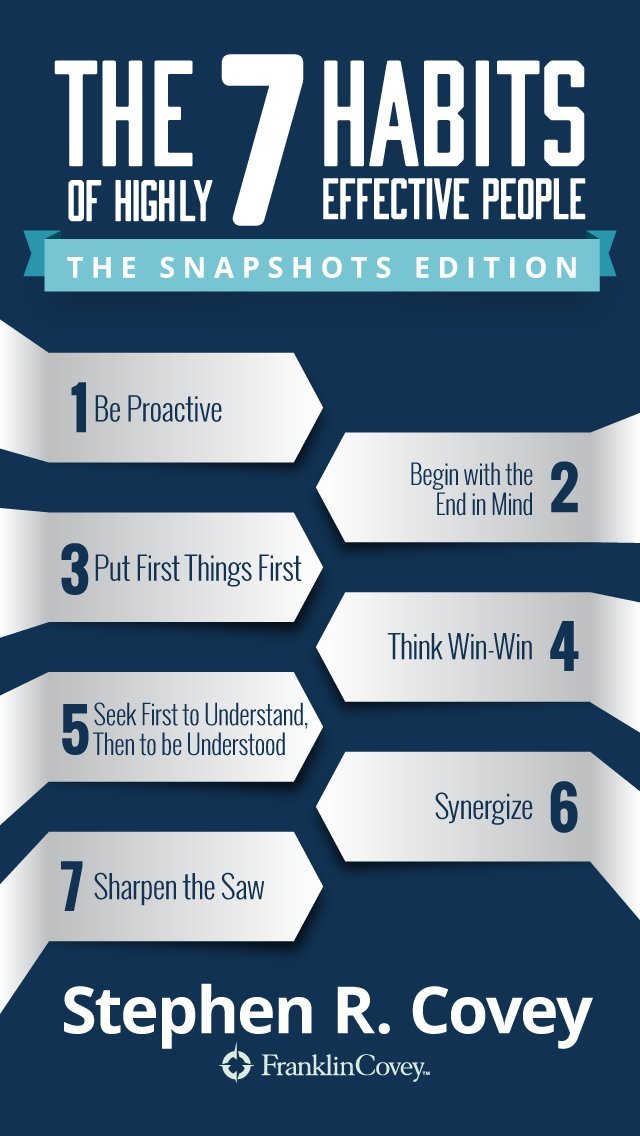
Effectiveness Effectives Effect Information Center
The 7 Habits - Habit 6: Synergize; The 7 Habits - Habit 7: Sharpen the Saw The 7 Habits of Highly Effective People (Online Delivery) also includes three (3) one-hour virtual webinars-one the beginning, one at the mid-point, and one at the end. The first webinar is an orientation to the course. The second and third webinars are check-ins to.
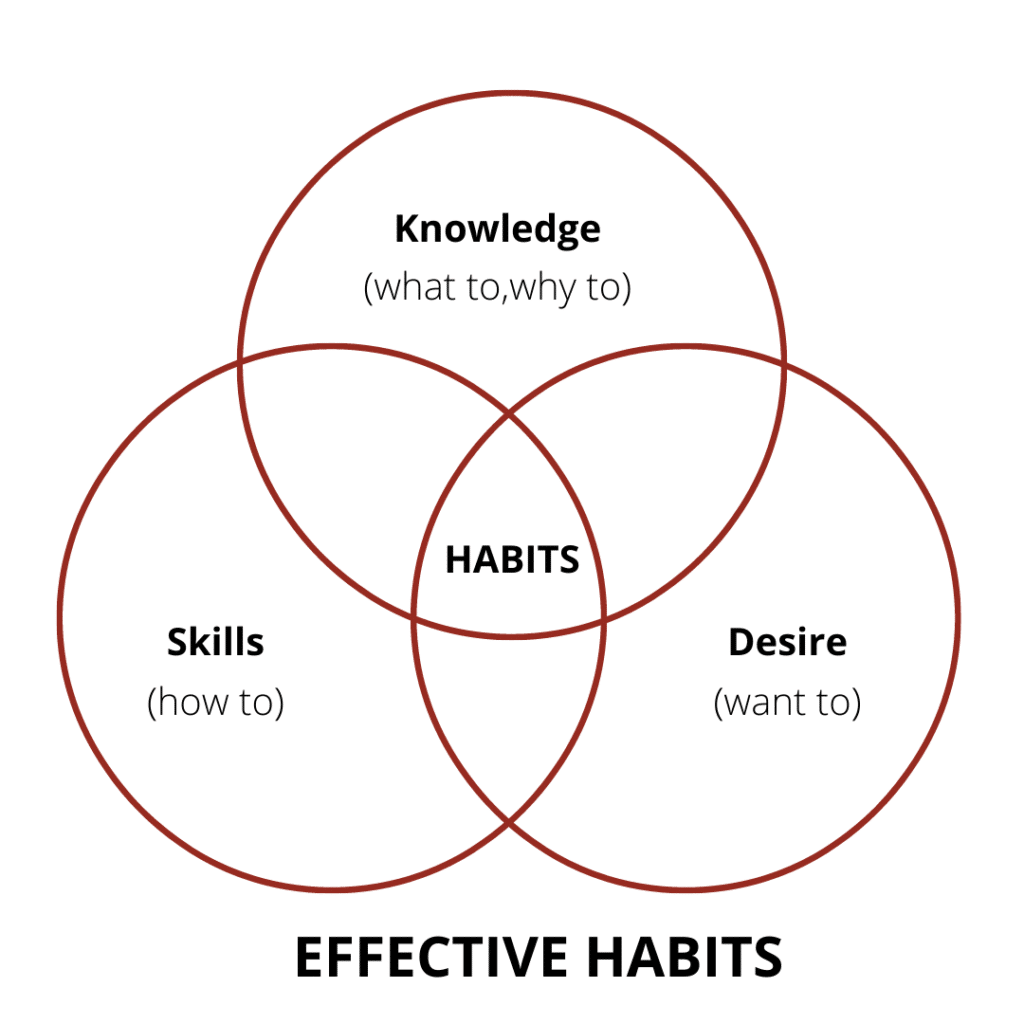
The 7 Habits Of Highly Effective People Summary MuthusBlog
The 7 Habits of Highly Effective People: Covey, Stephen R.: 9780671663988: Amazon.com: Books Books › Business & Money › Management & Leadership Enjoy fast, free delivery, exclusive deals, and award-winning movies & TV shows with Prime Try Prime and start saving today with fast, free delivery Kindle $6.49 Available instantly Audiobook $0.00
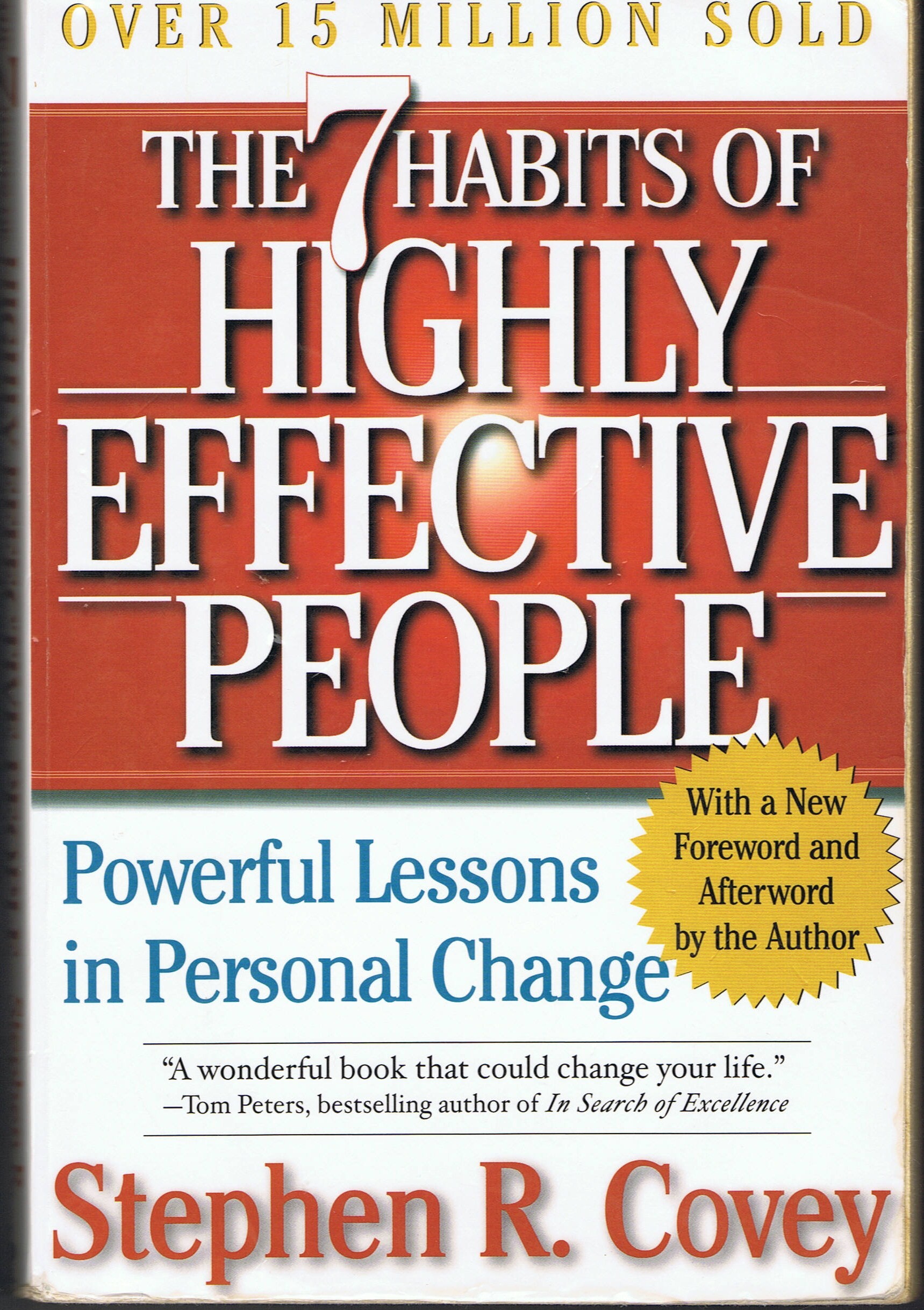
7 Habits Of Highly Effective People Quotes. QuotesGram
The 7 habits of highly effective people is recognised as one of the most influential books ever written. In this seminal work, Stephen R. Covey presents a holistic, integrated, principle-centred approach for solving personal and professional problems. With penetrating insights and pointed anecdotes, Covey reveals a step-by-step pathway for living with fairness, integrity, honesty and human.

7 Habits of Highly Effective People PDF Mind Consciousness
The 7 Habits of Highly Effective People continues to be a bestseller for the simple reason that it ignores trends and focuses on timeless principles of fairness, integrity, honesty, and human dignity. Watch Video How to Manage Your Time: 7 Tips For Doing What Matters Most Learn More Be a Better Leader: Thrive in the New World of Work Register Now

Seven Habits of Highly Effective People Visual.ly
Habit 1: Be Proactive® Focus and act on what you can control and influence instead of what you can't. Learn More 2 Habit 2: Begin With the End in Mind® Define clear measures of success and a plan to achieve them. Learn More 3 Habit 3: Put First Things First®
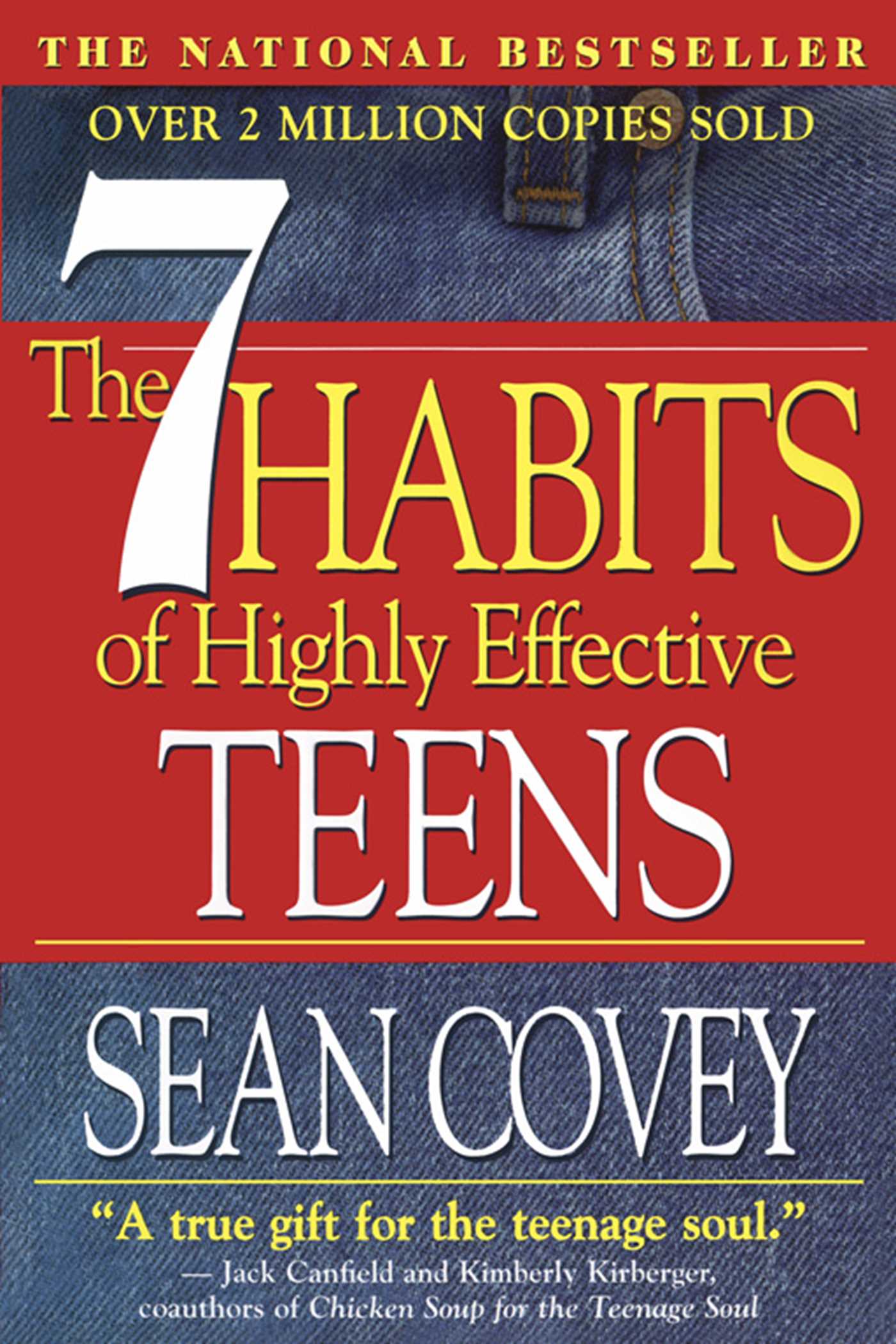
The 7 Habits Of Highly Effective Teenagers eBook by Sean Covey Official Publisher Page Simon
THE 7 HABITS OF HIGHLY EFFECTIVE PEOPLE Stephen R. Covey's book, The 7 Habits of Highly Effective People®, has been a top-seller for the simple reason that it ignores trends and pop psychology for proven principles of fairness, integrity, honesty, and human dignity. Celebrating its fifteenth year of helping people solve personal and
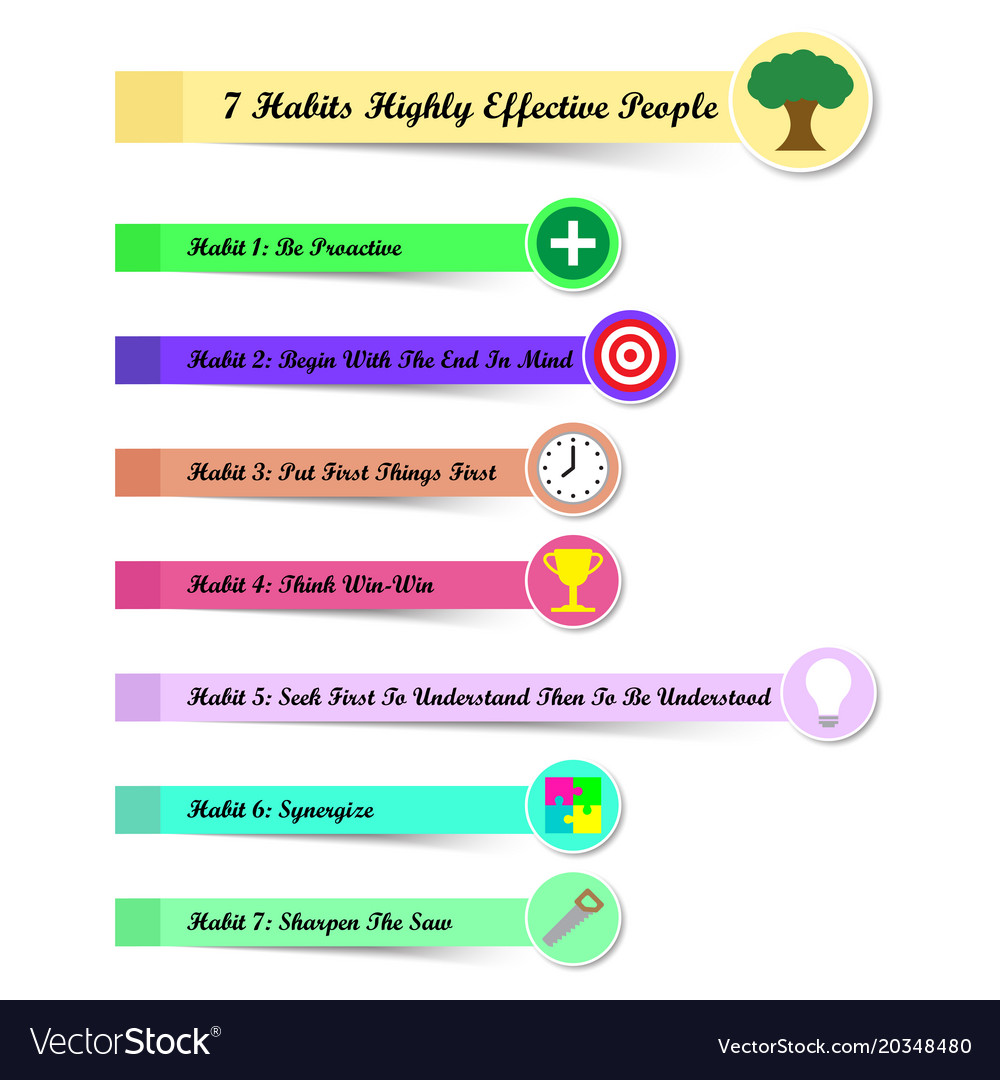
7 habits highly effective people as sticky notes Vector Image
Stephen Covey: The Seven Habits of Highly Effective People Are You Doing the Right Things to Succeed? MTCT By the Mind Tools Content Team Stephen Covey was a highly influential management guru and author of the now classically regarded The Seven Habits of Highly Effective People. [1]
-jpg.jpeg)
7 Habits of Highly Effective People [Summary & Takeaways]
The 7 Habits of Highly Effective People by Stephen R. Covey is a self-improvement book. It is written on Covey's belief that the way we see the world is entirely based on our own perceptions. In order to change a given situation, we must change ourselves, and in order to change ourselves, we must be able to change our perceptions.

The seven habits of highly effective people thailandtews
In The 7 Habits of Highly Effective People, author Stephen R. Covey presents a holistic, integrated, principle-centered approach for solving personal and professional problems. With penetrating insights and pointed anecdotes, Covey reveals a step-by-step pathway for living with fairness, integrity, service, and human dignity--principles that give us the security to adapt to change and the.
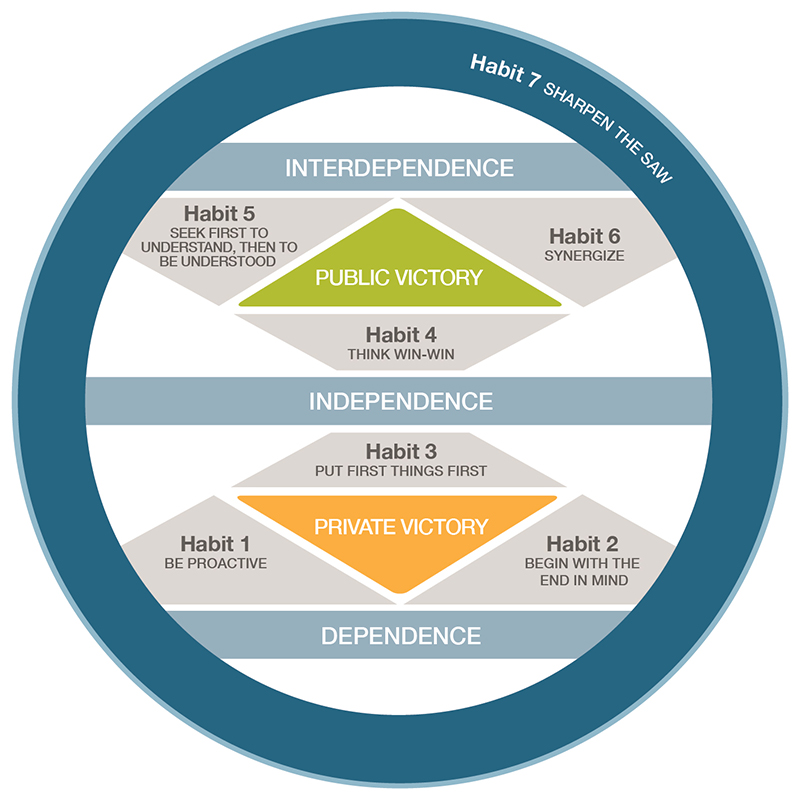
The 7 Habits of Highly Effective People Leader In Me
Stephen R. Covey's book, The 7 Habits of Highly Effective People®, continues to be a bestseller for the simple reason that it ignores trends and pop psychology and focuses on timeless principles of fairness, integrity, honesty, and human dignity.

The 7 Habits of Highly Effective People
The 7 Habits of Highly Effective People, first published in 1989, is a business and self-help book written by Stephen R. Covey. [1] Covey defines effectiveness as the balance of obtaining desirable results with caring for that which produces those results. He illustrates this by referring to the fable of the goose that laid the golden eggs.

7 Habits of Highly Effective People Summary (including Infographic) Inspiration Bites
Habit 7: Sharpen your saw Balanced self-renewal The seventh habit is one of renewal and continual improvement, that is, of building one's personal capability. To be effective, one must find the proper balance between actually doing and improving one's capability to do that which you value. 26
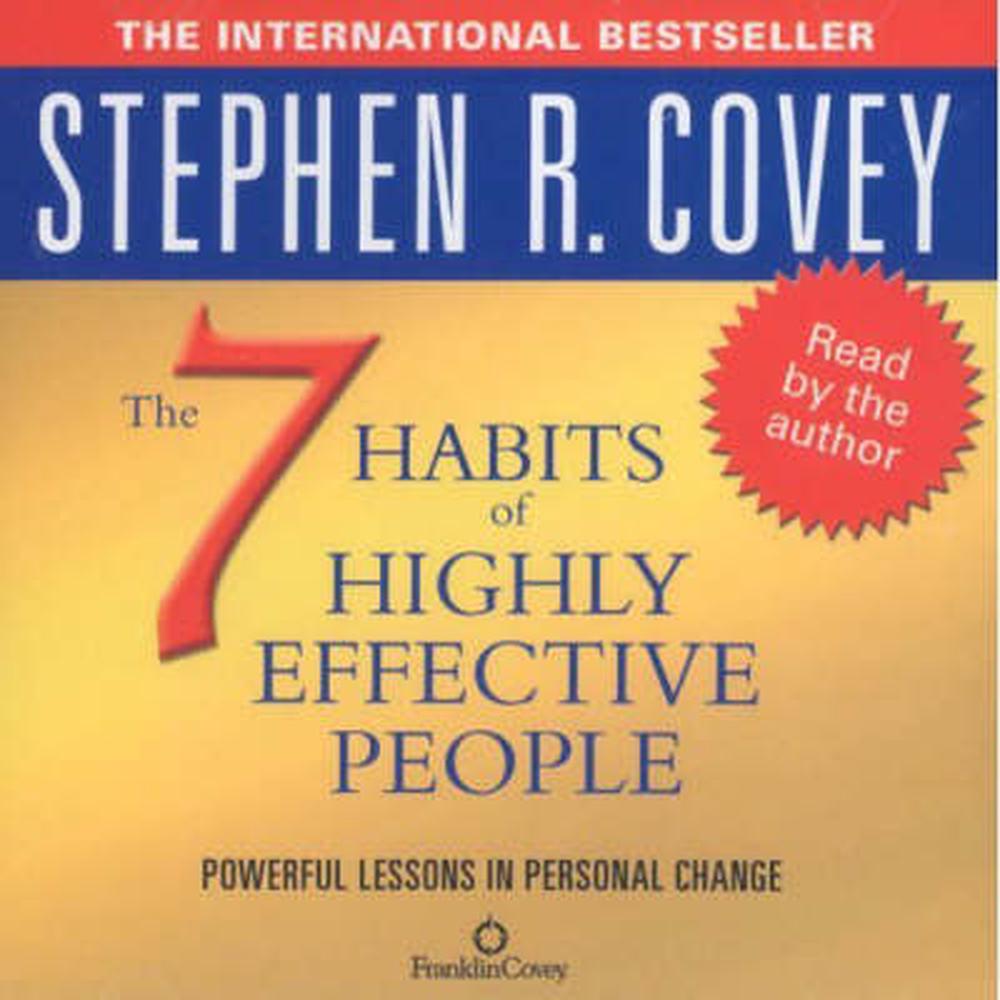
The 7 Habits Of Highly Effective People (Audio) by Stephen R. Covey, Compact Disc, 9780743501538
What Are the 7 Habits of Highly Effective People? Covey's seven habits are composed of the primary principles of character upon which happiness and success are based. The 7 Habits of Highly Effective People puts forward a principle-centered approach to both personal and interpersonal effectiveness.

The 7 Habits Of Highly Effective People Summary & Review
The 7 Habits of Highly Effective People® » Habit 1: Be Proactive® Habit 1: Be Proactive® The Habit of personal responsibility. Habit 1: Be Proactive means more than taking initiative. It means we are responsible for our own lives. Our behavior is a function of our decisions, not our conditions.